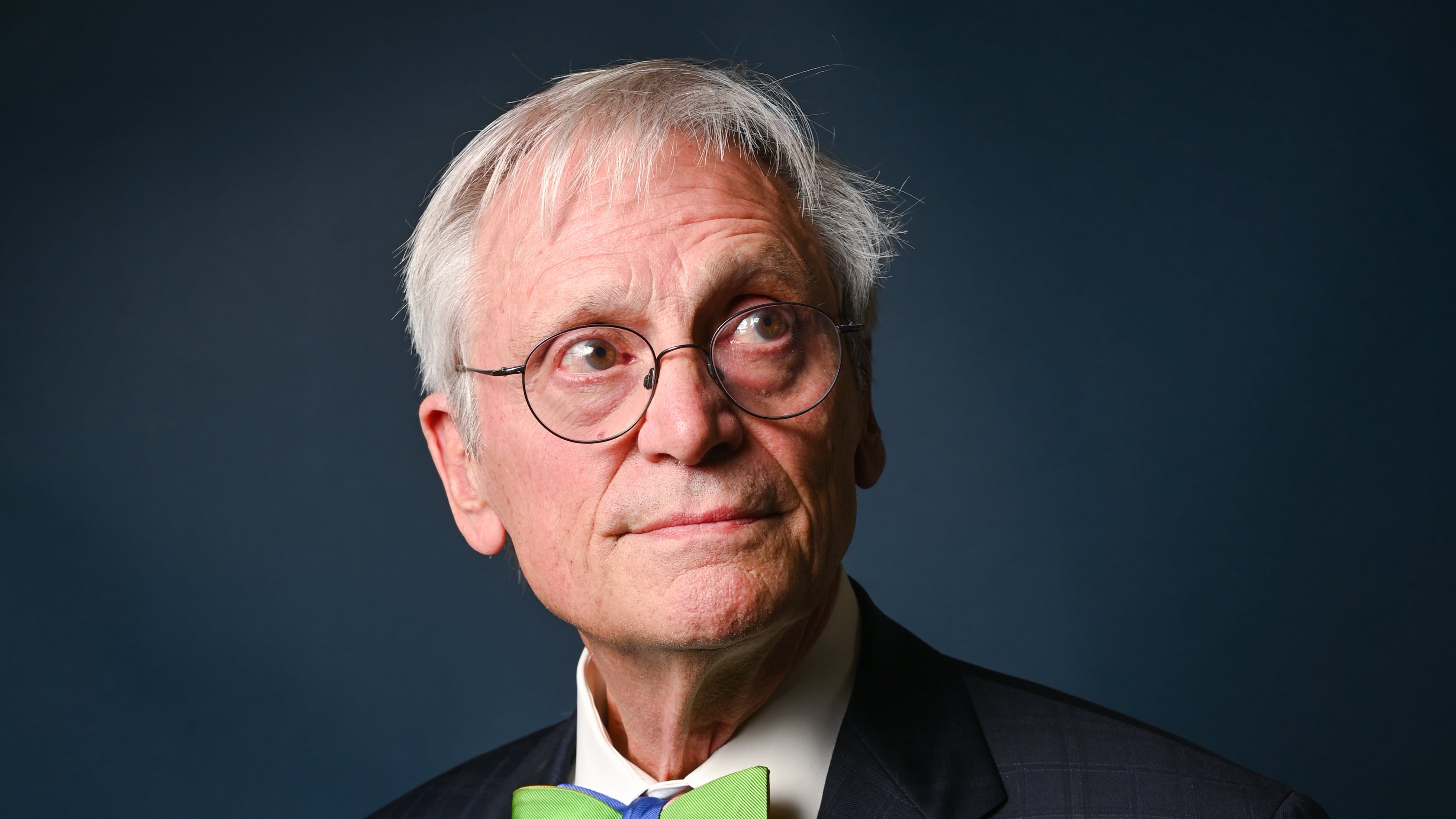U.S. Rep. Earl Blumenauer, whose 3rd Congressional District runs from Portland east to Hood River, told WW this afternoon he will retire after next year rather than seek a 15th term in Washington, D.C.
“I’m not certain that two more years in Congress in this climate is the best way to deal with things I care about,” Blumenauer says.
In a wide-ranging 45-minute interview at WW’s offices Monday afternoon, Blumenauer was by turns pensive, combative and emotional as he reflected on a decision he’s been weighing for months. He says he will announce the decision more widely this evening.
First elected to the Oregon House in 1972, Blumenauer, 75, has served in public office his entire adult life. After stints in Salem, on the Multnomah County Board of Commissioners and on the Portland City Council, he won election to Congress in 1996. Serving an overwhelmingly Democratic district, he’s never faced serious competition since then.
Working from his seat on the budget-writing Ways and Means Committee, Blumenauer and his longtime colleague U.S. Rep. Peter Defazio (D-Ore.) helped pass a massive transportation funding bill in 2021 and backed President Joe Biden’s Inflation Reduction Act. Those bills included billions in new funding for infrastructure, green energy projects and alternative transportation, such as transit and bicycles. All of those issues have been central to Blumenauer’s career.
In the wake of COVID-19, Blumenauer also led the charge on creating the $28.6 billion Restaurant Revitalization Fund. Throughout his tenure in Washington, he was an outspoken opponent of the U.S. wars in Iraq and Afghanistan, and regularly railed against the Pentagon’s budget.
Holding one of the safest seats in the country also gave Blumenauer the latitude to range widely in his policy interests. In addition to transportation (particularly alternatives to single-occupancy vehicles), he focused on climate and environmental issues, cutting agricultural subsidies, ending the federal prohibition of cannabis, pushing for healthier food, increasing research into neuroscience, and fixing the nation’s flood insurance policies, although with less success than he would have liked.
“I was author of the last major flood insurance reform,” Blumenauer says. “These are not sexy things. None of your Willamette Week readers or advertisers care about that. But it’s really important, and we’re reaching a point now where the flood insurance program is bankrupt. It continues to subsidize patterns of development that put millions, tens of millions of Americans at risk.”
But Blumenauer acknowledges, as he looks back on his career in Congress, he often failed to build enough support to change laws.
“I didn’t pick things to pass,” Blumenauer says. “I picked things that I thought needed to be focused on.”
He’s not sure that was the right call. “If I had it to do over again, I would be involved with fewer things and be more intent in terms of following through,” he says. “But I’m not going apologize for it because somebody has to do what I do.”
That balance was something Blumenauer ruminated on at length in his self-assessment. “I’d rather be right than effective,” he says. “I think I’ve been right and I’ve not been as effective as I’d like to have been.”
After conversations with longtime allies this fall, he decided to make this term his last, even in the face of the chaos in the House GOP caucus, which has increased Democrats’ chances of retaking control of the chamber next year.
“I do think we are going to take control. I’m quite confident of that,” Blumenauer says. “But it’s not certain to me that the things that I care about in terms of international water and sanitation, cannabis reform, flood insurance, climate change, transportation safety—I’m not certain that that the best way to make a contribution to that is in Congress.”
Years of flying back to Portland every week have taken their toll—and as Blumenauer has made clear in conversations and in a scorching letter to local leaders, he thinks Portland is in a bad way.
“I’m leaving Congress because I want to be able to be more present in my community,” Bluemauer says. “And if somebody thinks I have something to offer, I’m willing to try and help.”
As for what comes next, Blumenauer’s term runs until January 2025. He says he will not endorse anyone in what he expects to be a crowded Democratic primary to replace him. Candidates either being recruited or actively seeking support include former Multnomah County Chair Deborah Kafoury, Multnomah County Commissioner Susheela Jayapal, state Rep. Travis Nelson (D-Portland), and Gresham City Councilor Eddy Morales.
Blumenauer says that while he’s eager to be done with mad dashes to airports and delayed flights, he’ll miss two aspects of the job. First, the staff he’s worked with: “certified smart young people, probably 500 of them.”
And, he says, he will miss serving his constituents: “The people in this community deserve better, but they’ve been very good to me.”

